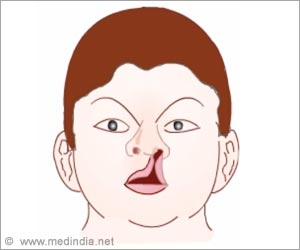Indian-born Australian Kuldip Sidhu has won the "2007 Top Invention Prize" for his work on stem cell research that, he says, is of "great relevance for India".
Indian-born Australian Kuldip Sidhu has won the "2007 Top Invention Prize" for his work on stem cell research that, he says, is of "great relevance for India".
The prize is awarded by BioMed North Limited, a not-for-profit agency for the management and commercialisation of intellectual property generated within the state of New South Wales (NSW).Sidhu, an Associate Professor at the University of New South Wales, has produced a human embryonic stem cell line without the use of any animal product. The breakthrough eliminates the risk of animal-to-human contamination in potential stem cell therapy treatments.
The line is called Endeavour-1. "This is the first such line produced in Australia and only the second one in the world, which does not use animals in any way," says Sidhu.
Human embryonic stem cell lines are derived from specialised cells. These cells come from embryos donated by infertile couples that have agreed to let their excess embryos be used in stem cell research.
Sidhu says: "These lines could eventually lead to safer treatments for conditions such as diabetes, Parkinson's disease, spinal cord injury and even breast cancer."
Hailing from Moga in Ferozepur district, Sidhu completed his doctorate from Punjab Agricultural University in Ludhiana. He did his post-doctoral work in reproductive physiology, working on humans and variety of mammal species, at Washington University in St Louis (USA).
Advertisement
He migrated to Sydney in 1995. "I joined Macquarie University as chief scientist in reproduction physiology of marsupials. We developed a system of in-vitro fertilisation for brush-tailed possums for the first time. It was a double whammy: on one hand it could regulate reproduction in mammals such as kangaroos - which have far exceed their sustainable numbers - and on the other it could facilitate reproduction in threatened species such as wombats."
Advertisement
"My research has great relevance for India, which has high incidence of diabetes in the population. We organise a training programme on stem cell biology once or twice a year and scientists from across the world come and train in my laboratory. I am looking forward to Indians participating in it."
Source-IANS
SRM/C







